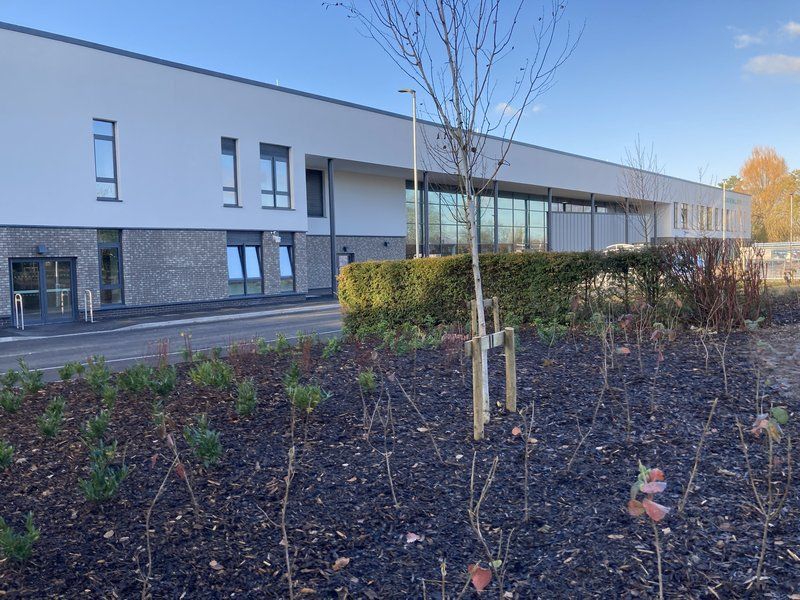A new timber industry net zero roadmap aims to accelerate the productivity, sustainability, and innovation of the sector to better meet the needs of a low-carbon world.
Commissioned by Timber Development UK (TDUK) in collaboration with eleven UK timber trade associations, the Timber Industry Net Zero Roadmap was developed following a comprehensive effort to map and measure carbon emissions across the whole supply chain.
The first step of the roadmap has been to outline the size of the challenge, with 12 months of expert analysis showing the timber supply chain is responsible for 1,575,356 tonnes CO2e territorial emissions – which is about 0.35% of the UK total.
While this is very low compared to other manufacturing industries such as UK steel production, which is responsible for 12 million tonnes CO2e (2.7% of UK emissions), and concrete, which is responsible for 7.3 million tonnes CO2e (1.5% of UK emissions), the Roadmap starts from the position that no emissions are acceptable.

The Roadmap also seeks to influence the 3,655,715 tonnes CO2e of imported embodied emissions which comes from the processing of wood products in the country of origin. This figure, taken together with territorial emissions, would make the timber industry responsible for about 0.68% of the UK’s total emissions.
Of the total consumption emissions, 49% of these emissions are from the transport of timber products, and 34% are embodied in imported materials. The remaining 17% are from the UK production processes within the industry, and waste.
One of the key aims of the Roadmap says Timber Development UK sustainability director Charlie Law, is to challenge the misconception that as the timber supply chain comes from a low-carbon base, there are few opportunities for the timber supply chain to influence their emissions.
“There are some really quick wins in there for businesses – wherever you are in the supply chain – which can be put into practice now. And if you reduce your carbon, you reduce your costs.
“If you change the energy source for heat for your factory processes, reduce the waste from your product manufacture, or reduce your energy use by using better lightbulbs – there are literally thousands of ways both big and small you can start reducing your emissions.
“This includes for the single biggest contributor to the timber industries carbon profile – transport. While there aren’t yet many fully electric HGV options, to remove these emissions, there are ways to be more efficient. And if you’re using less diesel, you reduce your emissions and your fuel costs. “
The most important first step he says, is making sure you can accurately count your carbon emissions. This is why the Roadmap is being rolled out with both free, and recommended, tools to help businesses better understand their emissions profile.
“Once you have an emissions profile for your business, you see not just your environmental impact, but also your operational inefficiencies. From here you can start your business on a pathway to be more competitive in a low-carbon market.”
With a range of pathways now set out in the Roadmap for the industry to achieve Net Zero by 2050 – at the very latest – this document has been made freely available for all businesses in the timber supply chain to adopt, alongside a set of ten high-level policy recommendations.
These policy recommendations include the alignment of industry to better measure carbon, as well as set dates and actions to reduce road transport emission intensity, manufacturing emissions intensity, and more – along with tools to help businesses make the change happen.
You can download the roadmap for free from the Timber Development UK website.




















